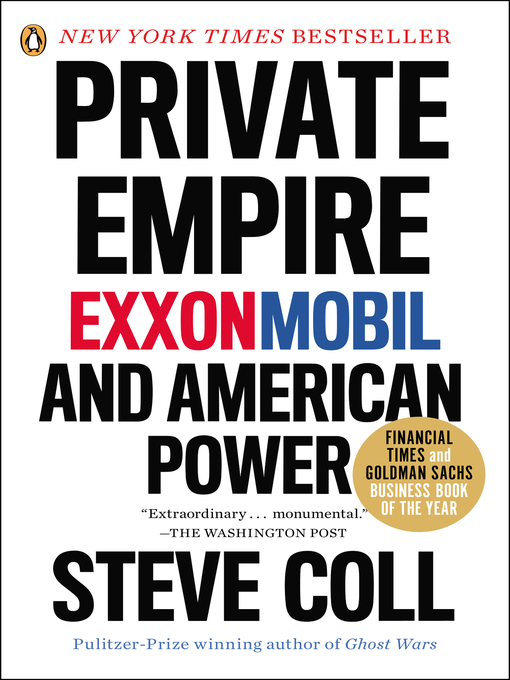- Always Available Kids E-books
- Available now
- Most popular
- New eBook additions
- New kids additions
- New teen additions
- Try something different
- Lucky Day E-books
- See all ebooks collections
- Always Available Audiobooks
- Available now
- Most popular
- New audiobook additions
- New kids additions
- New teen additions
- Try something different
- Grab Them While You Can
- See all audiobooks collections

